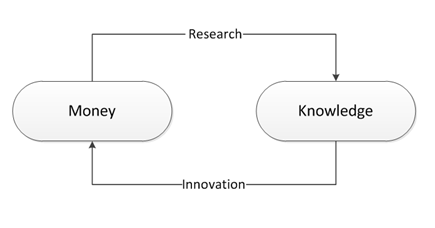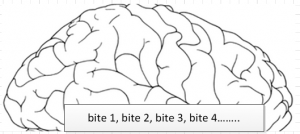Do Diets Make You Feel Guilty About Eating?
Wednesday, February 27th, 2013 Many of the cognitive designers I know are working on the problem of weight and eating habits. Not that they are trying to design the perfect diet (some are) but more so, they are working to develop programs that helps us acquire and keep health eating habits despite a hectic lifestyle and easy access to unhealthy food and drink. So I am always on the lookout for scientific studies that focus on eating habits with insights for designers.
Many of the cognitive designers I know are working on the problem of weight and eating habits. Not that they are trying to design the perfect diet (some are) but more so, they are working to develop programs that helps us acquire and keep health eating habits despite a hectic lifestyle and easy access to unhealthy food and drink. So I am always on the lookout for scientific studies that focus on eating habits with insights for designers.
For example, an article in Psychology & Health examines how eaters that intentionally restrain their calories both fail to take in less calories and generate significant guilt feelings. Unfortunately, these guilt feelings can lead to more serious problems such as emotional eating. Some specifics:
Checking the food afterwards, the researchers found that the restrained eaters – those who dieted often and who fretted about their consumption – had eaten just as much as the other participants, including just as much high-calorie food. But crucially, they felt more guilty afterwards, especially in relation to their recent indulgence.
The article is available for free and provides a rich set of references many with an open access URL.
I am interested to hear from readers that our working on projects focused on changing eating habits.





